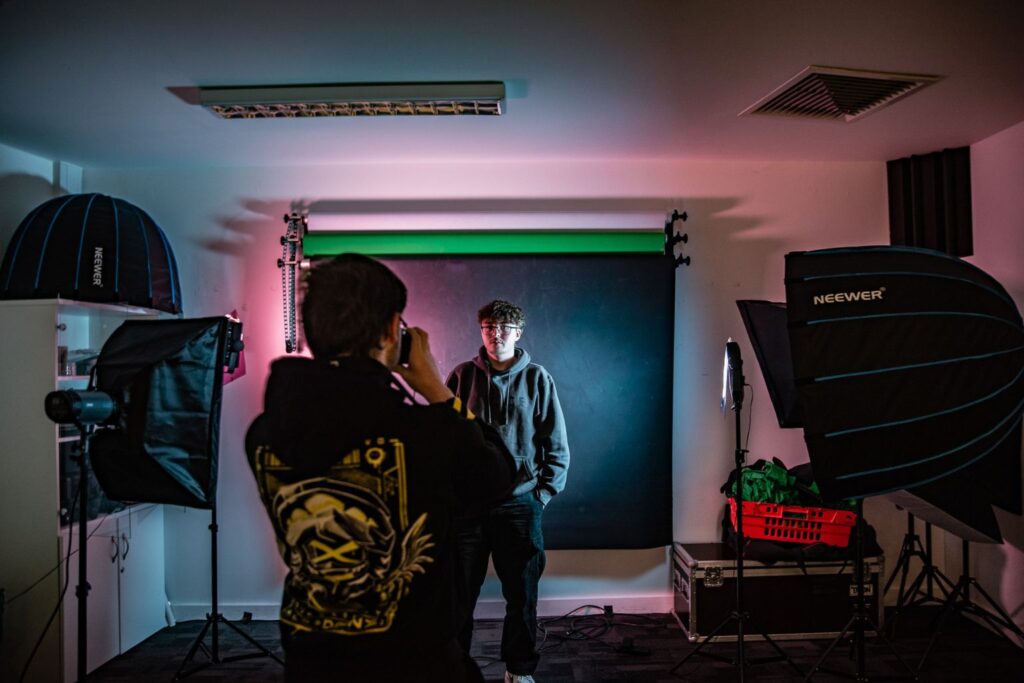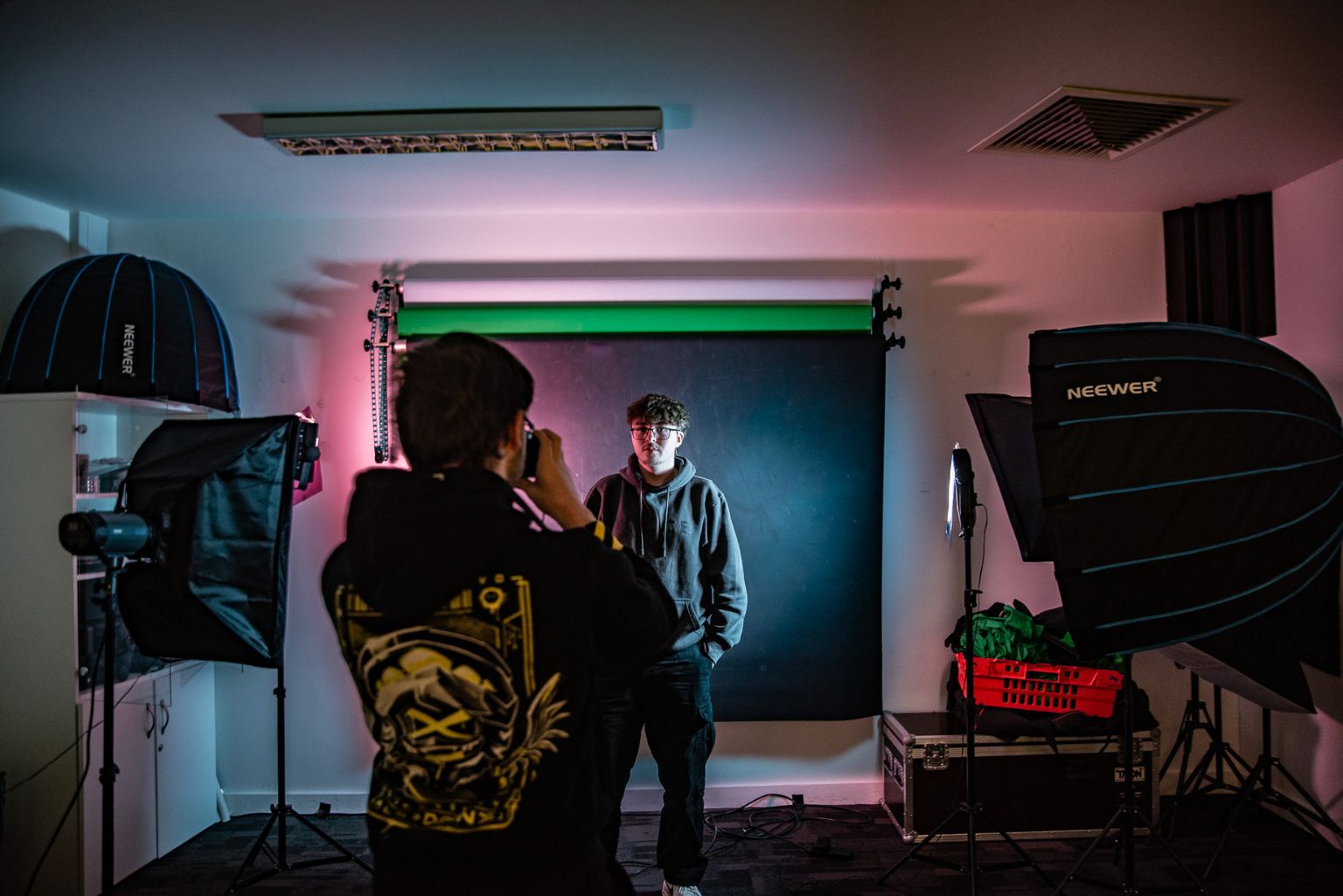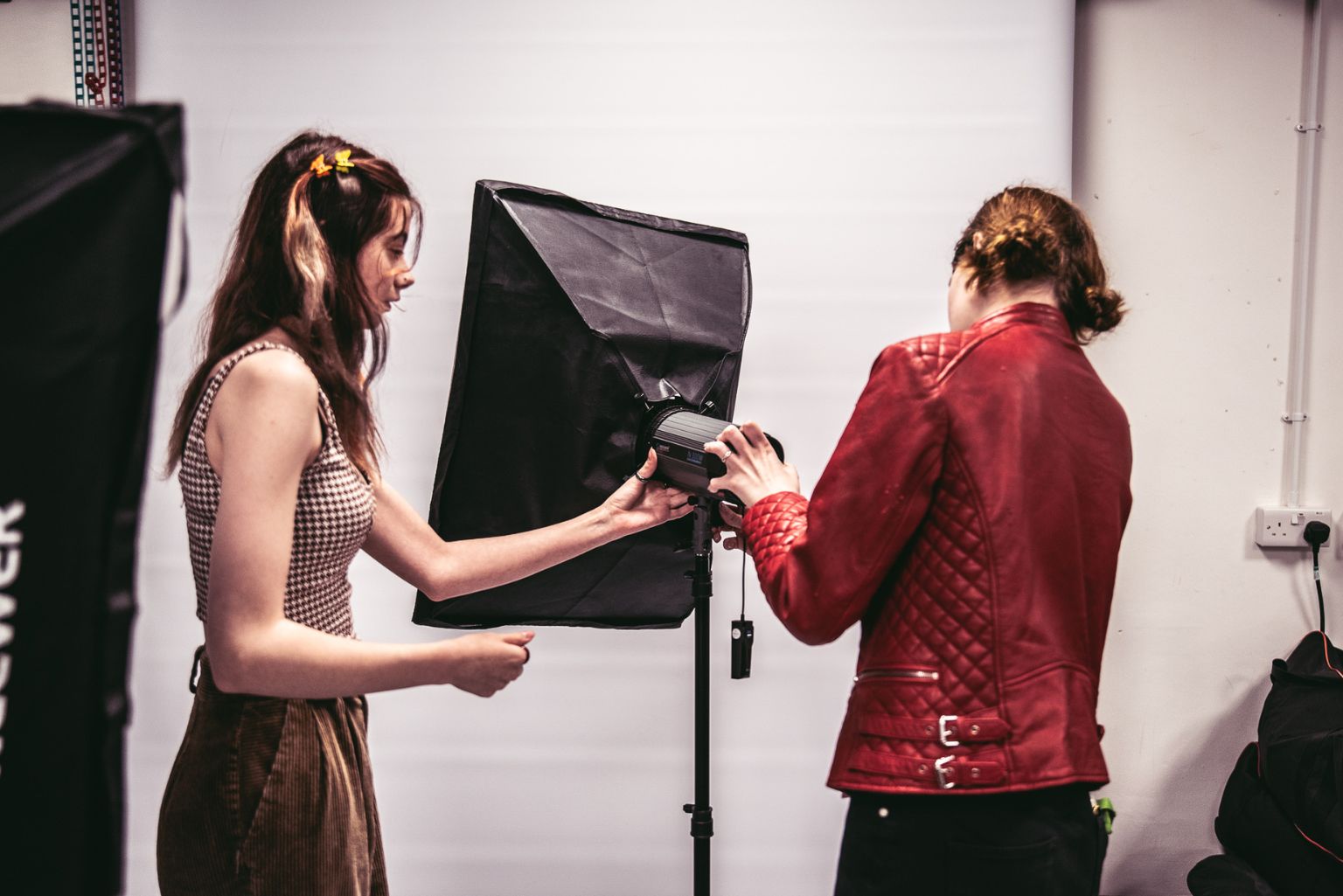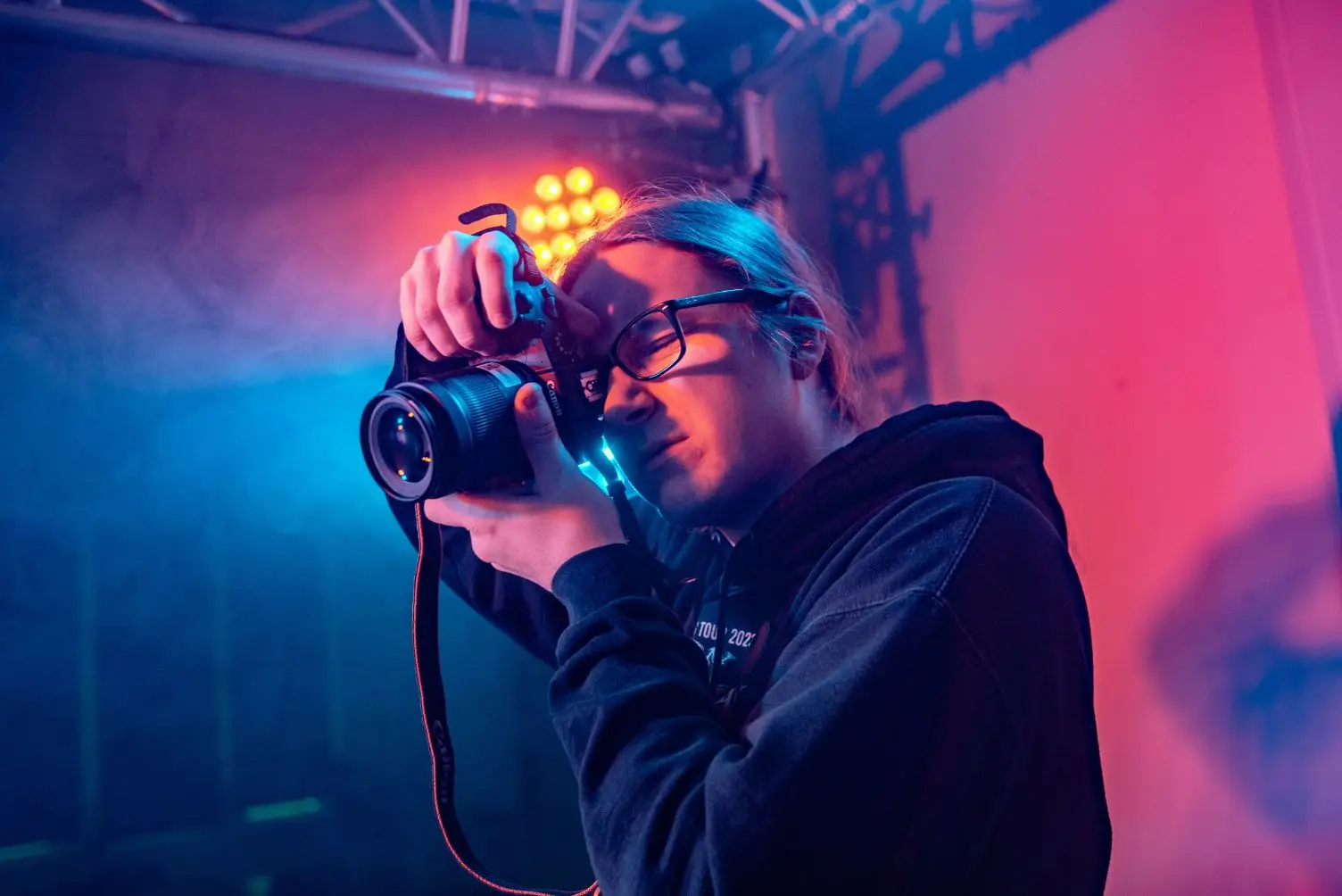Creative colleges might be the best way forward if you want a career in industries like music, media, gaming, or computing. These institutions are designed to nurture artistic talent and equip students with hands-on skills for the future of work.
This article will outline your options after GCSEs and explore why choosing a creative college, such as Access Creative College, could be the perfect step towards fulfilling your career aspirations.
What to do after GCSEs
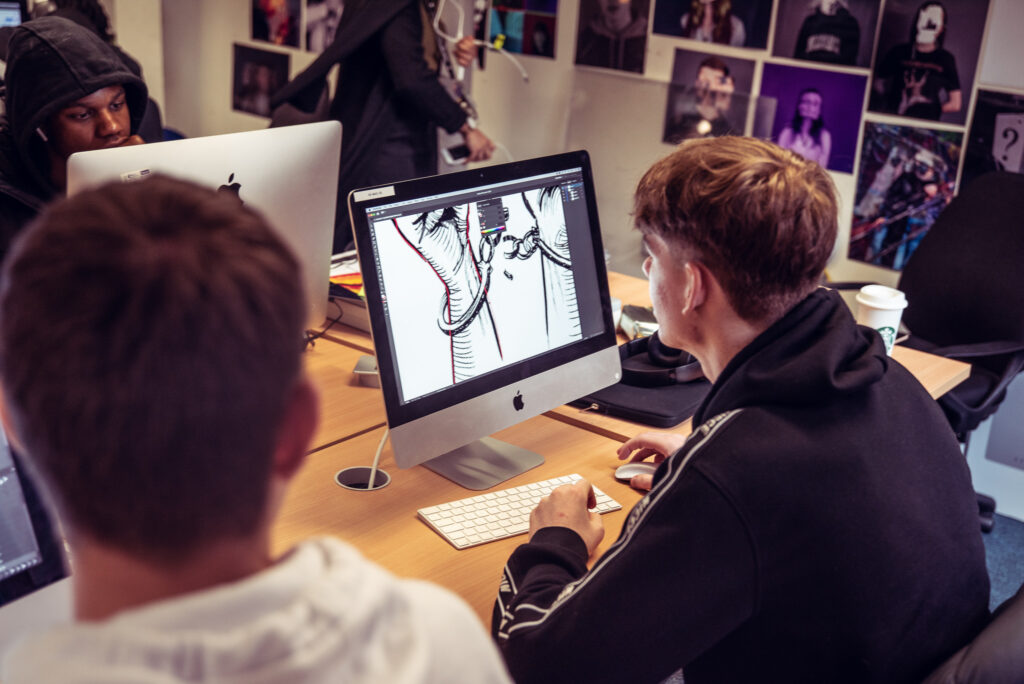
After completing your GCSEs, you must decide on your next step. Your choice will set the stage for your future career, so it’s worth exploring all your options thoroughly. Here’s a quick look at the common pathways available after GCSEs in 2025.
Sixth form or college
A traditional route is to continue into sixth form or further education colleges, where you can study A-levels or vocational qualifications like BTECs or T Levels. A-levels are a good option if you prefer academic subjects, while vocational qualifications are ideal for students seeking skills in specific career areas.
Apprenticeships
For those who want practical experience while earning, apprenticeships offer a valuable opportunity to gain on-the-job training alongside formal qualifications. Apprenticeships are particularly appealing for students who thrive in work-based settings.
Creative colleges
Enrolling at a creative college could be a life-changing decision if you’re passionate about music, media, tech, esports, or gaming. These colleges provide hands-on experience while building foundational knowledge to prepare you for exciting, creative careers.
Why choose a creative college?

Creative colleges are unique in that they focus on nurturing skills and talents in areas often overlooked by traditional education pathways. With the rise of the creative industries in the UK (generating £108 billion annually, according to gov.uk the demand for skilled professionals in these sectors has never been higher.
Here are ten reasons to consider studying at a creative college in 2025.
1. Bespoke programmes
Creative colleges offer courses tailored for aspiring artists, designers, filmmakers, writers, and more. From graphic design to fashion, photography to animation, you can pursue your passion while gaining technical expertise. These programmes usually have a very specific focus and go beyond the standard curriculum, allowing you to express yourself within your chosen field.
2. Hands-on learning
Creative colleges emphasise practical, hands-on learning. You won’t just be sitting in a classroom; you’ll be creating something tangible. Whether you’re designing illustrations, building prototypes, or directing short films, you’ll learn by doing.
3. Industry-standard facilities
State-of-the-art equipment and studios come as standard at many creative colleges. You’ll often have the chance to work in industry-standard facilities, such as sound studios, digital labs, and professional art spaces. This real-world approach prepares you for working with similar tools and environments in your career.
4. Experienced tutors with industry expertise
At a creative college, you’ll be mentored by tutors who often have years of experience in their respective industries. Their knowledge and advice provide invaluable insight into what it takes to succeed, along with practical skills that meet real-world demands.
5. Strong links to industry and networking
Many creative colleges have established relationships with leading companies, agencies, and professionals in the creative industries. This gives students opportunities to connect through internships, networking events, and guest lectures. Such connections can make all the difference when it comes to securing future employment or further education.
6. Develop innovative and critical thinking
Creativity isn’t just about making pretty things; it’s about problem-solving, thinking critically, and seeing the world differently. Creative colleges challenge you to push boundaries and think innovatively. These skills are highly valued across industries, not just in creative fields.
7. Build a standout portfolio
Your portfolio is your golden ticket to higher education or job opportunities in the creative sector. Creative colleges dedicate time to helping you develop a professional, eye-catching collection of work that demonstrates your skills and individuality.
8. Collaboration with like-minded people
Surrounding yourself with talented, creative peers can be inspiring and motivating. The collaborative environment of a creative college encourages teamwork, idea-sharing, and learning from one another, making the experience even more fulfilling.
9. Preparation for creative careers
The UK creative industries contribute significantly to the economy each year and continue to grow. There’s a strong demand for skilled professionals in these sectors, and a creative college equips you with the knowledge and experience to step into roles like graphic designer, filmmaker, or game developer.
10. A focus on individual growth
At a creative college, education is about more than results. Your personal growth, artistic style, and social confidence are prioritised alongside grades. This individualised approach allows you to leave the college not only with qualifications but with a stronger sense of who you are as a creative.
Creative college options
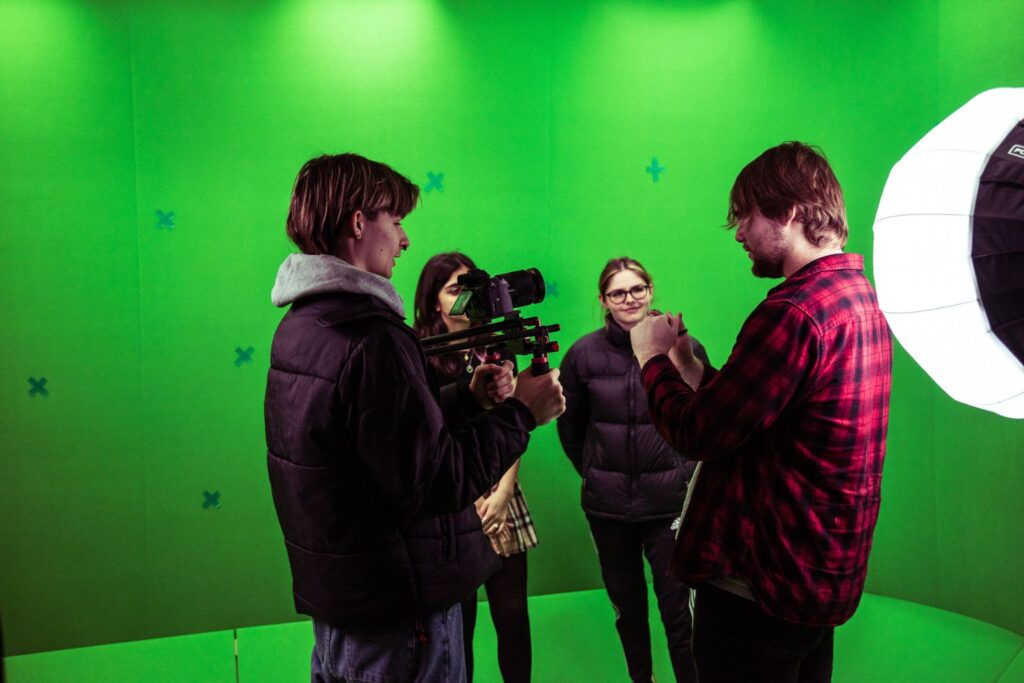
Here’s a closer look at specific creative college types.
Music college courses
Whether you dream of being a music producer, sound engineer, or performer, music courses at creative colleges provide everything you need to make your mark. You’ll learn the fundamentals of music production, how to use professional software, and tips for collaborating with musicians on live and recorded projects.
Popular career paths from music courses include:
- Music producer
- Sound engineer
- Event promoter
- Session musician
Media college courses
Media college courses train students in everything from video editing and post-production to scriptwriting. You’ll gain practical knowledge of storytelling techniques, production software, and the media industry landscape.
Potential careers in media include:
- Film director
- Content creator
- Video editor
- Social media strategist
Gaming college courses
The gaming industry continues its rapid expansion, offering exciting opportunities for gamers and developers. Gaming courses at creative colleges focus on game design, programming, and 3D modelling, giving you the tools to bring your imagination to life.
Post-graduation job routes include:
- Game designer
- Level designer
- 3D modeller
- Interactive storyteller
Computing College Courses
Computing isn’t just about coding; it’s about creating future-ready solutions. Courses explore areas like app development, cybersecurity, and artificial intelligence, equipping students with the technical skills required for high-demand jobs.
What makes computing courses at creative colleges stand out is their focus on innovation and adaptability, preparing students to tackle tech challenges in industries across the board.
Potential professions include:
- Software developer
- IT consultant
- AI specialist
- Data analyst
Esports College Courses
Esports has grown from a niche hobby into a billion-pound industry, with top esports professionals earning six-figure incomes. Esports courses at creative colleges are designed to support young gamers when turning their passion into a career.
You could learn about team management and shoutcasting, as well as improve your gameplay. Here at Access Creative College, we even provide facilities to train in competitive esports environments.
Career opportunities include:
- Professional gamer
- Esports coach
- Event organiser
- Game tester
Start your creative journey with Access Creative College
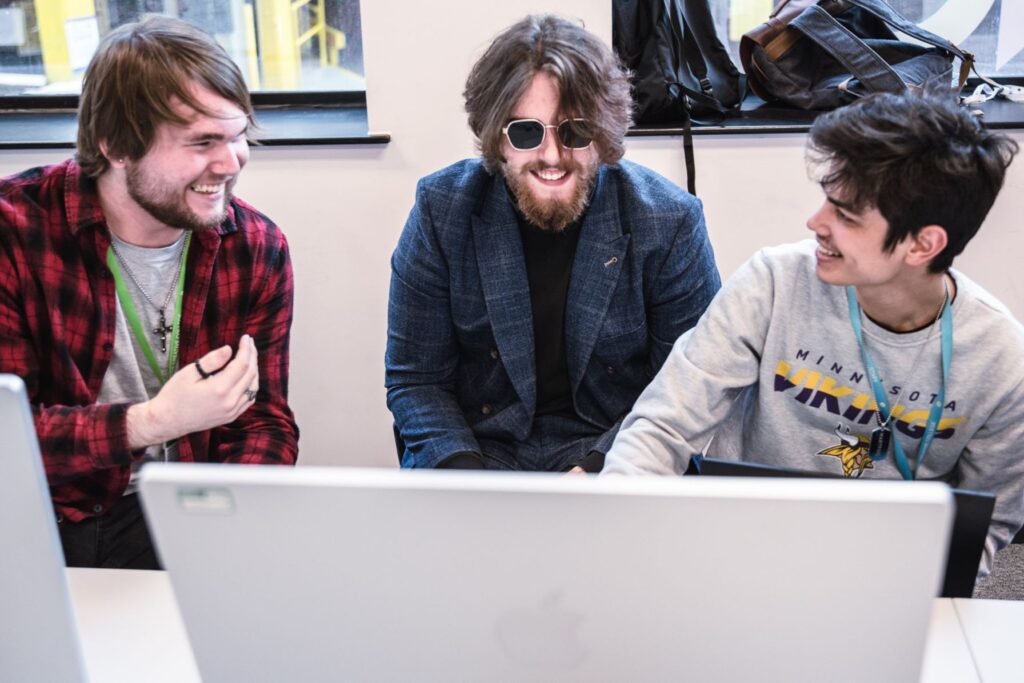
With seven campuses across the UK, here at Access Creative College offers an unparalleled learning experience for students passionate about music, media, gaming, computing, and esports.
We not only provide cutting-edge facilities and expert training but also connect you to industry opportunities through partnerships with leading brands. Joining Access Creative College means more than studying, it’s about launching your career.
Apply online today!


